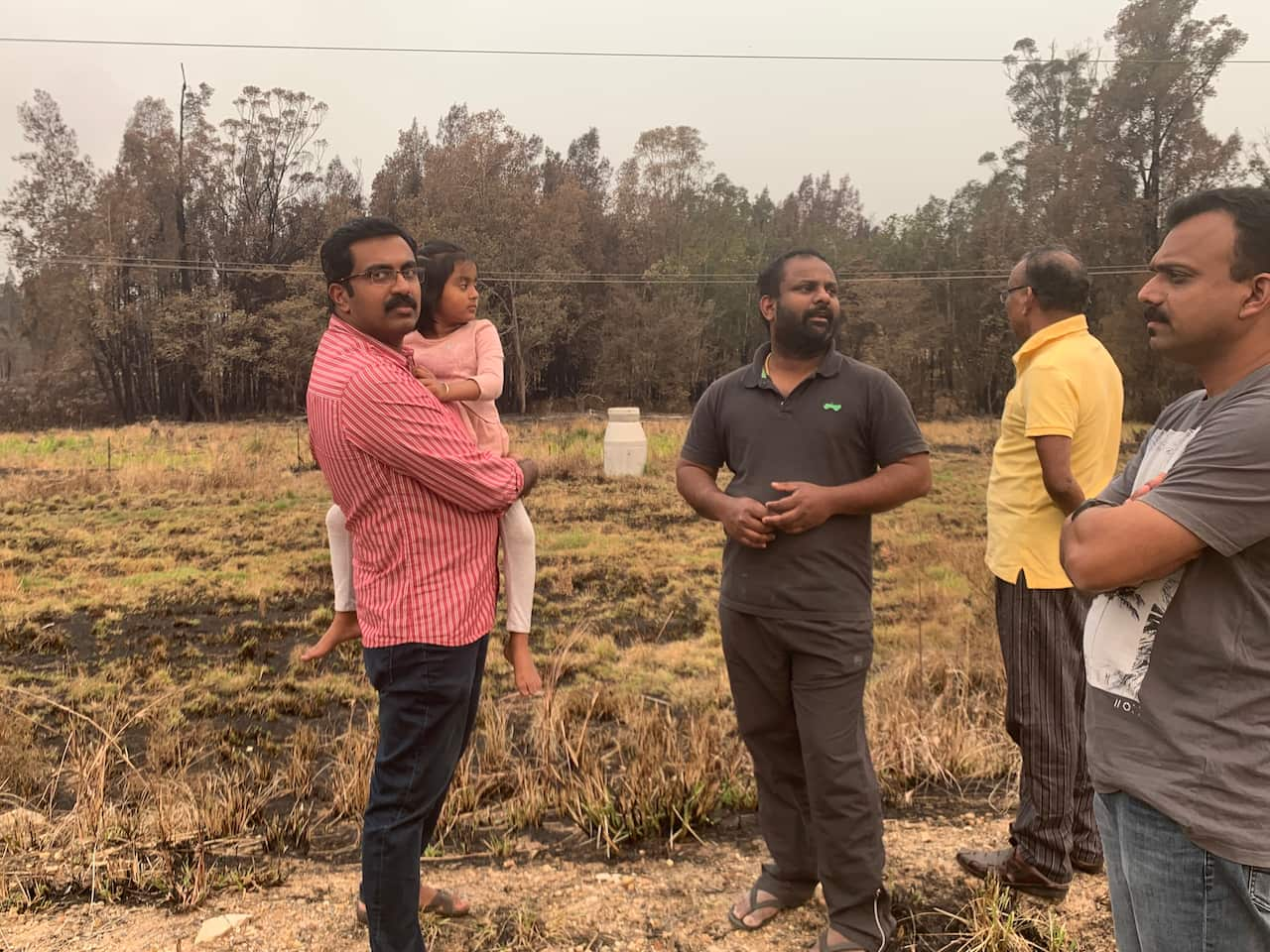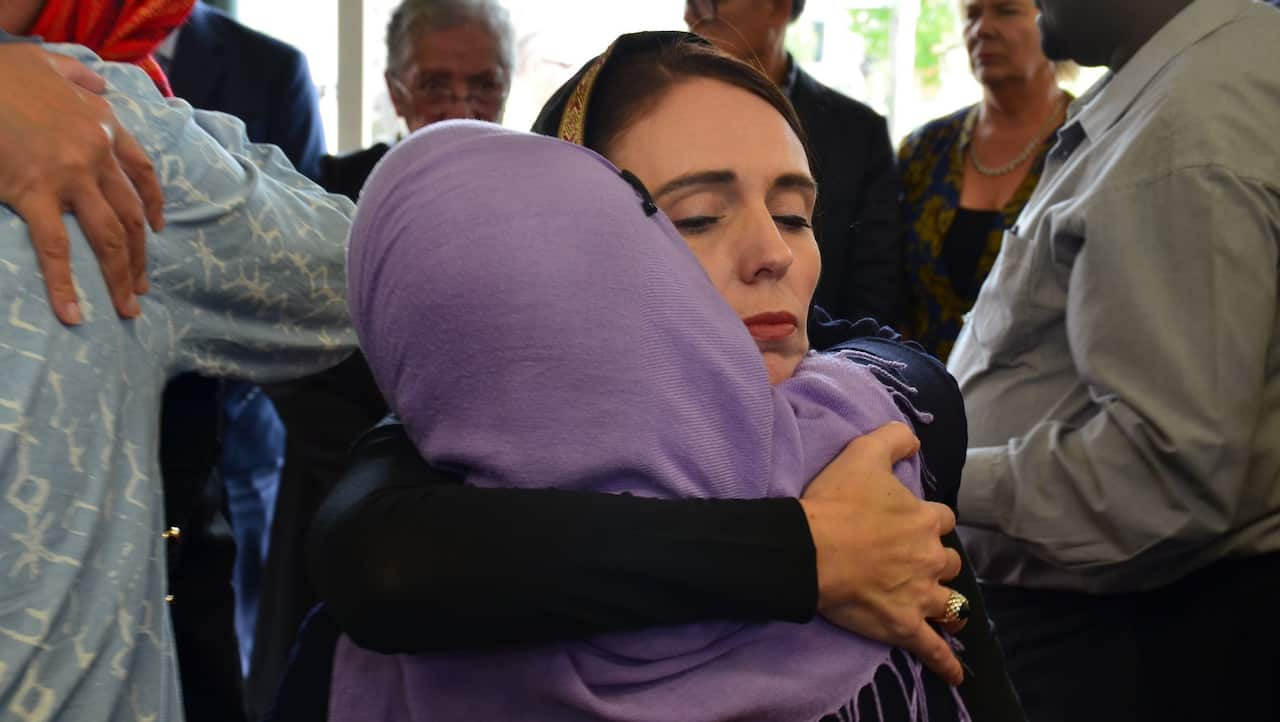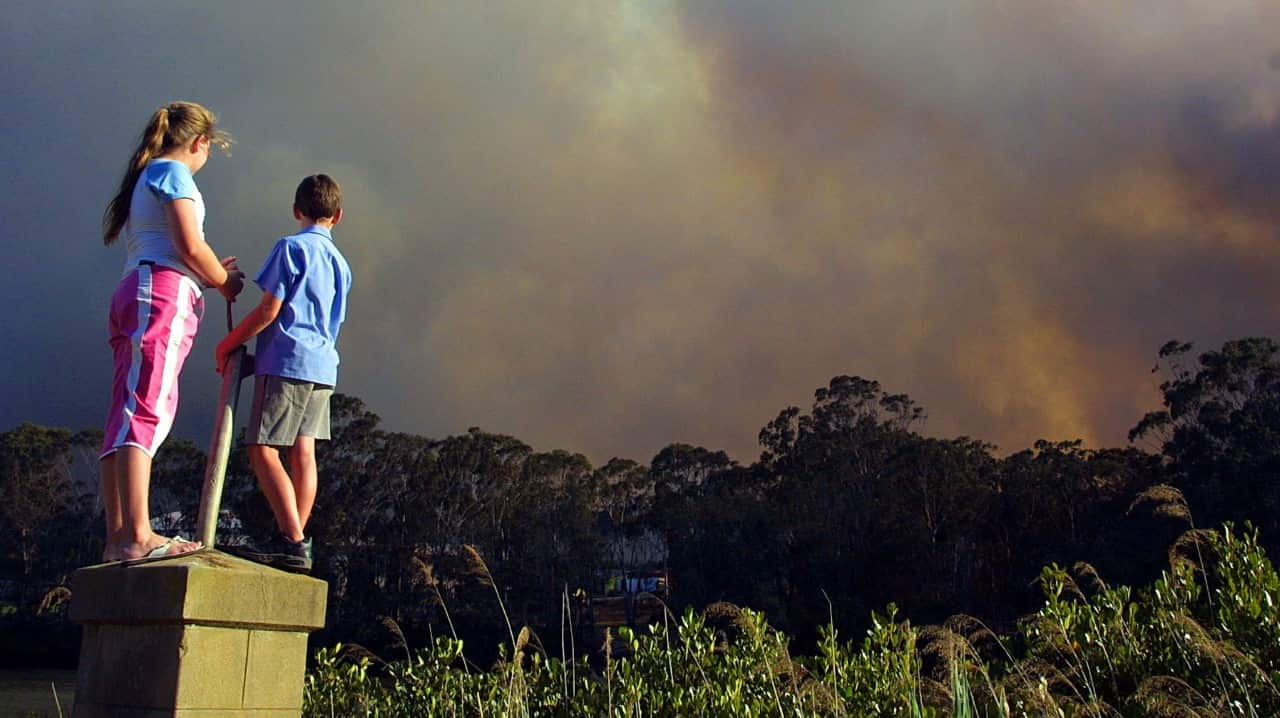Australia is a dream land for many, with many migrants arriving filled by hope and expectation of a serene and laid back lifestyle.
But the recent bushfires and its devastating nature has painted a different picture for some newly arrived migrants.
Liby Thomas a nurse in Batemans Bay, NSW arrived in Australia one year ago. She has seen many natural disasters in Kerala, especially the floods that regularly afflict the Indian state, but didn't expect Australia would have fires of this nature.
''A scenario with no electricity for weeks and shortage of food is something that I never expected to happen here,'' she says.
Many migrants are not familiar with the different ways to seek help in these new conditions, and Ms Thomas whose husband and family are in India had to face these terrifying moments by herself.
"The fires came to nearly three kilometers from where I live and was terrified," Ms Thomas says.
Fortunately the small community in the area stood together and helped each other out. She says around eight families stayed together in one house for more than a week.
Ms Thomas says coping with the new conditions is her priority. With this in mind the first thing she did after returning home was purchase a small stove that works on gas.
I have not still recovered from the shock even after coming back to my house.

Robin Rocky is another resident in Batemans Bay who arrived in Australia just four months ago.
After spending most of his life in Kuwait, Mr Rocky chose to move to Australia instead of Kerala. He was hoping to avoid the floods in Kerala, which many fear will become a recurring event.
But the bushfires turned out to be a nightmare for Mr Rocky, who had heard about Australian bushfires from afar, never knew it would affect people so directly. He says he expected that the advanced weather prediction capabilities in Australia would help avoid these impacts, though that has not entirely been the case.
Mr Rocky believes things would have been worse if this happened in another country and believes that the "Australian spirit" of supporting each other during this crisis was comforting.
The most comforting factor during the crisis was how people in evacuation centers shared their stories, he says.
People who had lost their houses to fires came forward and comforted me and that was surprising.
Only after Mr Rocky shared his story with them did he come to know that these were people who had lost their homes.
An Australian history of resilience
One important aspect in both these cases is that both Ms Thomas and Mr Rocky did not know a lot about the nature of the Australian land.
Perth-based trauma psychologist Douglas Brewer says that many migrants who arrive here may be deeply shocked by the fires, as they conflict with previous understandings of Australia as a country.
After going through these conditions newly arrived migrants could start to think that life is always like this in Australia as they haven't been around for long.
An explanation of Australia's historical resilience in the face of such harsh conditions needs to be communicated to the newly arrived, he says.
"It is also important to make the newly arrived feel part of the bigger Australian community to feel safe... Whilst these fires are of a bigger magnitude we will recover as a community and this message has to go out."
Mr Brewer cites the example of last year's Christchurch attack and how the affected Muslim community was made feel part of the larger community by the Prime Minister of New Zealand.
These type of messages would play an important role in the recovery process in the coming days, he says.

Children should feel safe
The psychological impact that these fires would have on different people could be of varying degree depending on individual circumstances, he says.
Children are among the most vulnerable groups who could be affected, and Mr Brewer warns that children need not be directly impacted by the fires to feel an impact.

Brewer urges parents are urged to spend time with children to understand their concerns. Mr Brewer warns that watching repeated images and news about the bushfires could foster a sense of insecurity in children.
"In the midst of the ongoing crisis many children may not be aware of the support and efforts that are happening in different areas and as a result children could start feeling that it is not a safe environment," he says.

